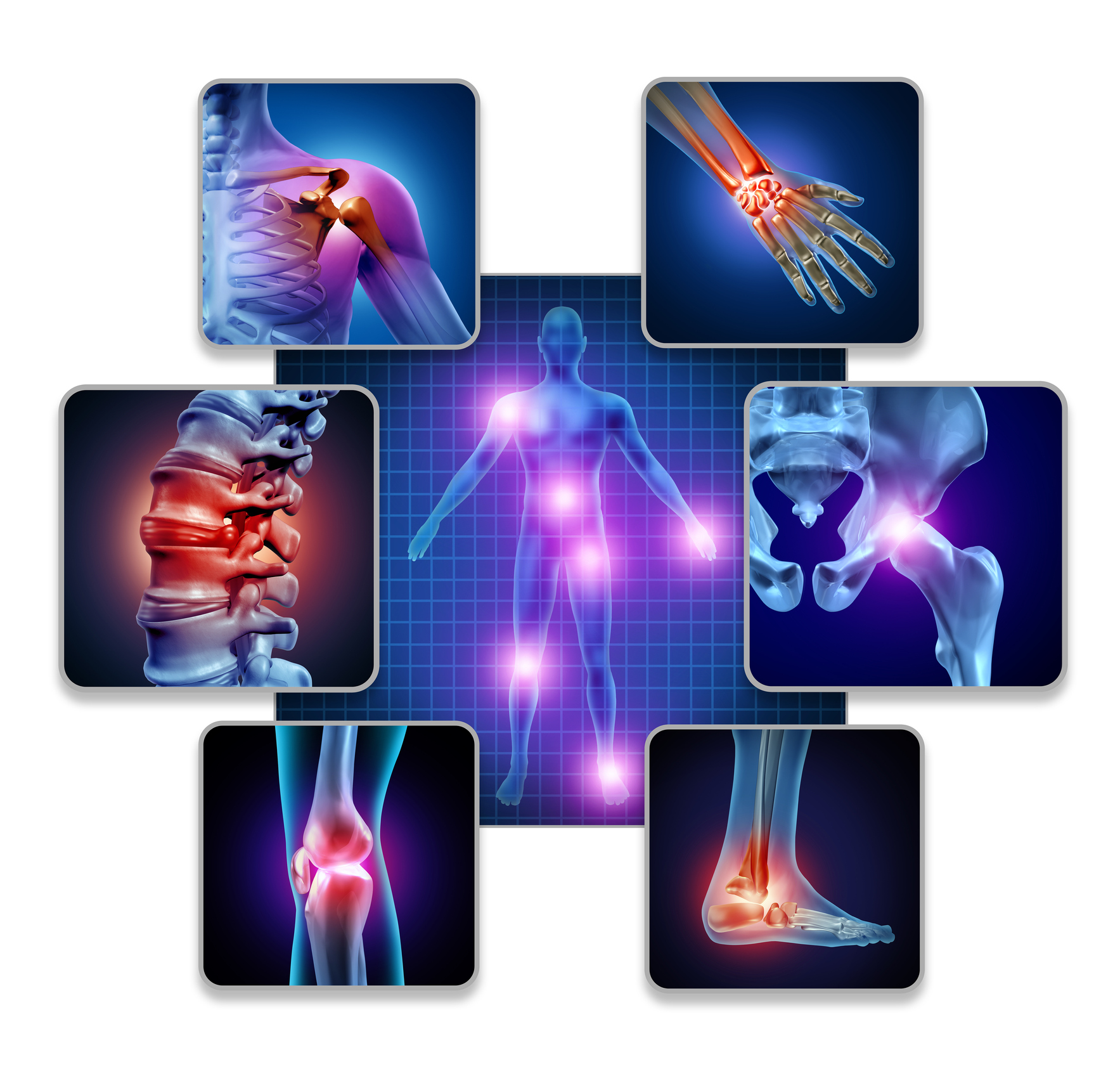Autism spectrum disorder (ASD) is a group of developmental disabilities, the aetiology of which remains elusive. The endocannabinoid (eCB) system modulates neurotransmission and neuronal plasticity. Evidence points to the involvement of this neuromodulatory system in the pathophysiology of ASD. We investigated whether there is a disruption to the eCB system in ASD and whether pharmacological modulation of the eCB system might offer therapeutic potential. We examined three major components of the eCB system-endogenous cannabinoids, their receptors and associated enzymes-in ASD children as well as in the valproic acid (VPA) induced animal model in autism. Furthermore, we specifically increased 2-arachidonoylglycerol (2-AG) levels by administering JZL184, a selective inhibitor of monoacylglycerol lipase which is the hydrolytic enzyme for 2-AG, to examine ASD-like behaviours in VPA-induced rats. Results showed that autistic children and VPA-induced rats exhibited reduced eCB content, increased degradation of enzymes and upregulation of CBRs. We found that repetitive and stereotypical behaviours, hyperactivity, sociability, social preference and cognitive functioning improved after acute and chronic JZL184 treatment. The major efficacy of JZL184 was observed after administration of a dosage regimen of 3 mg kg, which affected both the eCB system and ASD-like behaviours. In conclusion, a reduced eCB signalling was observed in autistic children and in the ASD animal model, and boosting 2-AG could ameliorate ASD-like phenotypes in animals. Collectively, the results suggested a novel approach to ASD treatment.
Alterations of the endocannabinoid system and its therapeutic potential in autism spectrum disorder.


